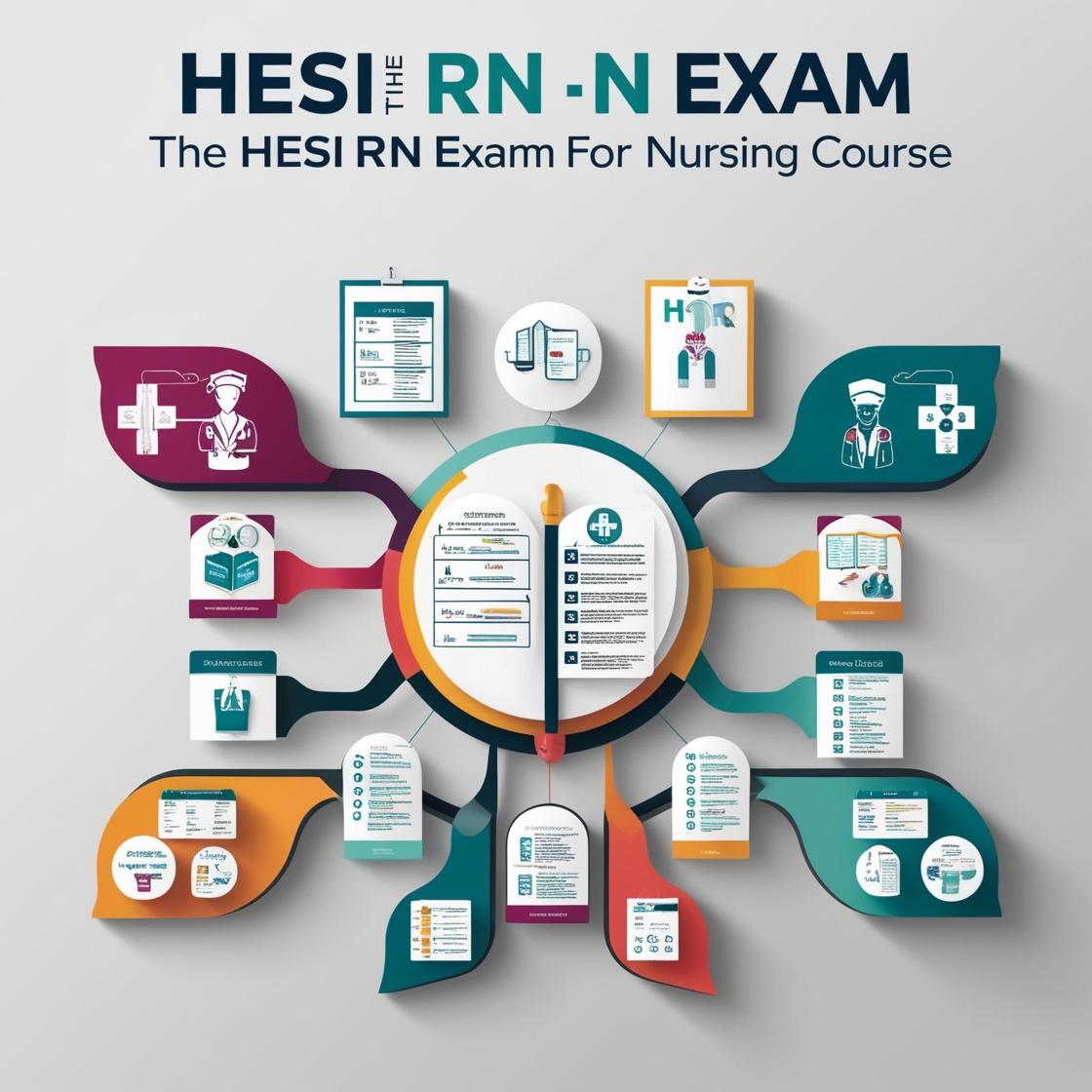HESI RN
Community Health HESI
1. During a follow-up visit, a client with hypertension reports that they often forget to take their medication. What should the nurse do first?
- A. educate the client on the importance of medication adherence
- B. explore the reasons for the client's forgetfulness
- C. provide the client with a pill organizer
- D. adjust the client's medication schedule
Correct answer: B
Rationale: The correct first action for the nurse is to explore the reasons for the client's forgetfulness. By understanding the underlying causes, the nurse can provide tailored interventions to help the client improve medication adherence. Providing education on the importance of adherence (Choice A) may be necessary but should come after identifying the reasons for forgetfulness. Simply providing a pill organizer (Choice C) or adjusting the medication schedule (Choice D) does not address the root cause of the forgetfulness and may not lead to sustained improvement in adherence.
2. A school nurse is organizing a vaccination clinic for middle school students. Which vaccine is most important for the nurse to include?
- A. hepatitis B
- B. tetanus, diphtheria, and pertussis (Tdap)
- C. varicella
- D. measles, mumps, and rubella (MMR)
Correct answer: B
Rationale: The most important vaccine for the school nurse to include in the vaccination clinic for middle school students is the tetanus, diphtheria, and pertussis (Tdap) vaccine. Tdap is recommended for preteens as part of the routine vaccination schedule to protect against these serious diseases. Hepatitis B, varicella, and MMR vaccines are also important but for this specific age group, Tdap takes precedence to ensure protection against tetanus, diphtheria, and pertussis.
3. The nurse is caring for a client with Addison's disease. Which finding requires immediate intervention?
- A. Hyperpigmentation of the skin.
- B. Low blood pressure.
- C. Nausea and vomiting.
- D. Hypoglycemia.
Correct answer: B
Rationale: Low blood pressure in a client with Addison's disease requires immediate intervention as it can indicate an Addisonian crisis, a life-threatening condition that necessitates prompt treatment. Hyperpigmentation of the skin is a characteristic finding in Addison's disease but does not require immediate intervention. Nausea and vomiting can be managed symptomatically in Addison's disease. While hypoglycemia needs attention, it is not the most critical finding requiring immediate intervention in this context.
4. A home health nurse is reviewing the laboratory results for several clients with heart failure. Which client finding would the nurse report to the health care provider immediately?
- A. Total cholesterol 190
- B. Glycosylated hemoglobin of 7%
- C. B-type natriuretic peptide 550 pg/ml (more than 100 is concerning)
- D. Potassium 3.7
Correct answer: C
Rationale: An elevated B-type natriuretic peptide level indicates worsening heart failure, requiring immediate attention. This biomarker reflects the severity of heart failure and helps guide treatment decisions. Total cholesterol and glycosylated hemoglobin are important for assessing cardiovascular risk and diabetes management but are not indicative of acute heart failure exacerbation. A potassium level of 3.7 falls within the normal range and does not suggest an immediate concern in the context of heart failure.
5. The nurse notices that the influenza immunization rate is much lower for certain demographic groups than for others. Which intervention is likely to be most useful in increasing the rates of immunization in the underserved community groups?
- A. designated clinics conveniently located in target neighborhoods
- B. reports on decreasing influenza rates during times of greatest prevalence
- C. legislative proposals that mandate influenza vaccinations for all
- D. radio announcements about the availability of the influenza vaccine
Correct answer: A
Rationale: Conveniently located clinics in target neighborhoods increase accessibility, making it easier for underserved community groups to receive influenza immunizations. This intervention directly addresses the issue of lower immunization rates by improving convenience and access. Reports on decreasing influenza rates (choice B) may not directly impact immunization rates. Legislative proposals mandating vaccinations (choice C) could face resistance and may not always be the most effective or practical solution. Radio announcements (choice D) may raise awareness but may not address the underlying barriers to immunization faced by underserved communities.
Similar Questions

Access More Features
HESI RN Basic
$69.99/ 30 days
- 50,000 Questions with answers
- All HESI courses Coverage
- 30 days access @ $69.99
HESI RN Premium
$149.99/ 90 days
- 50,000 Questions with answers
- All HESI courses Coverage
- 30 days access @ $149.99
